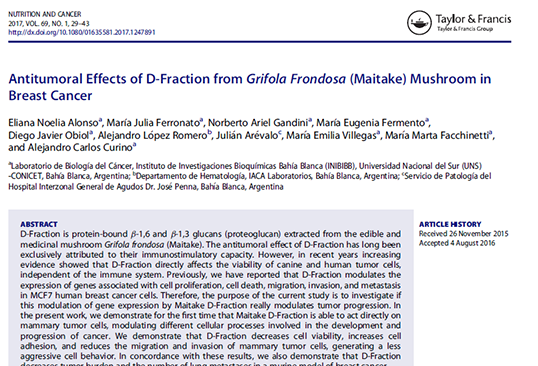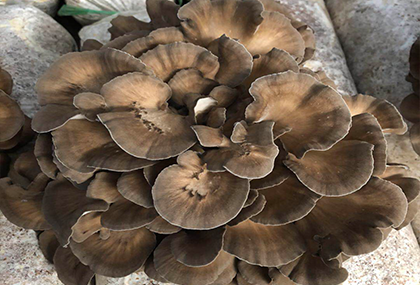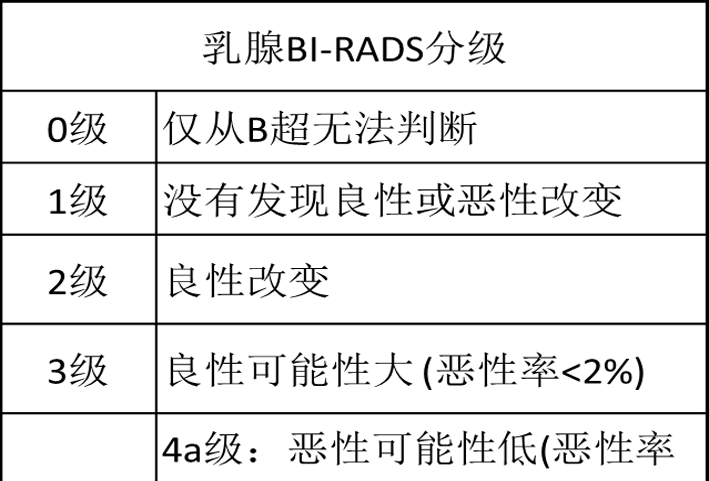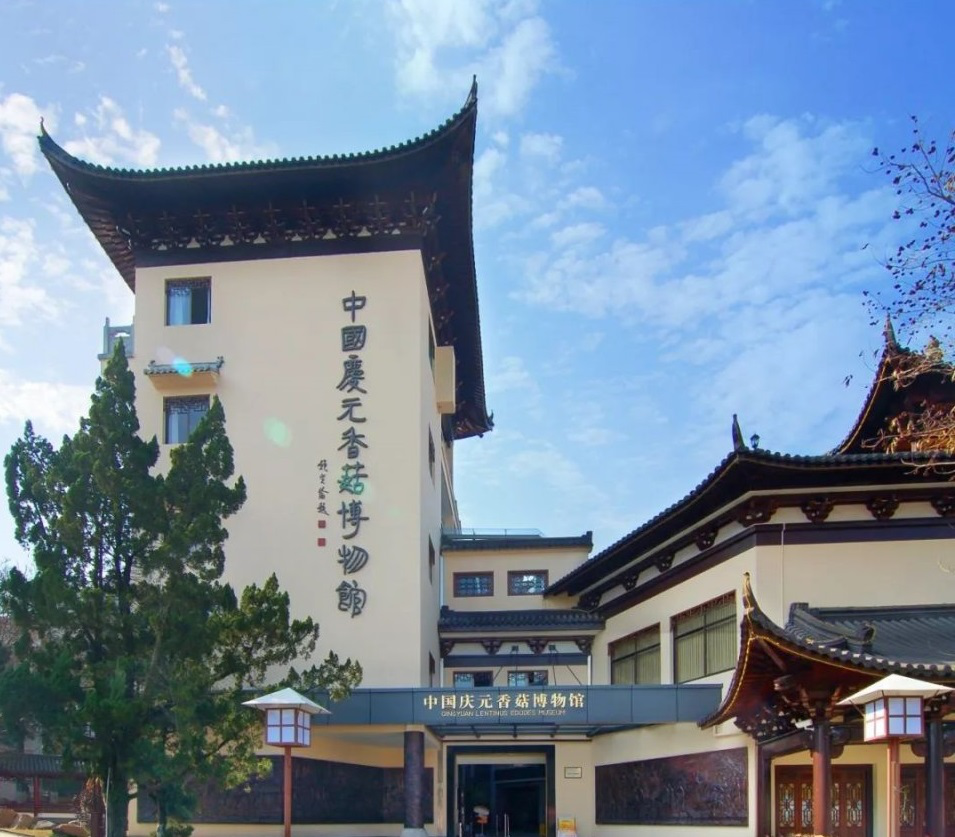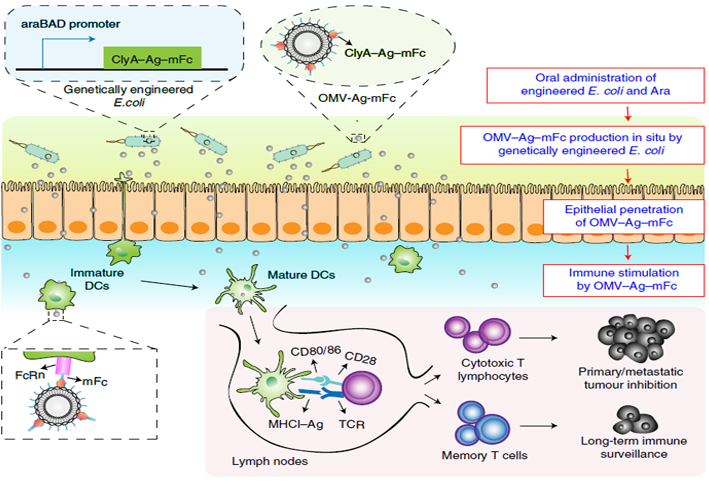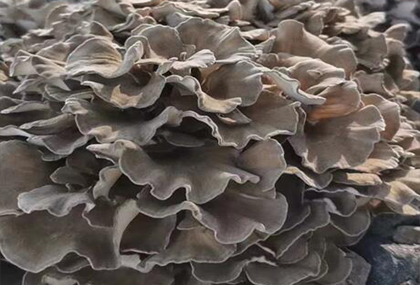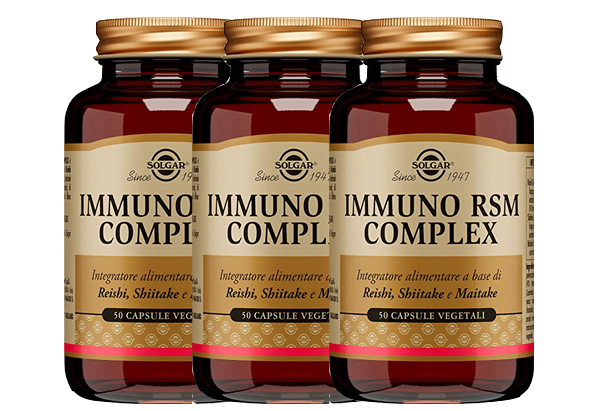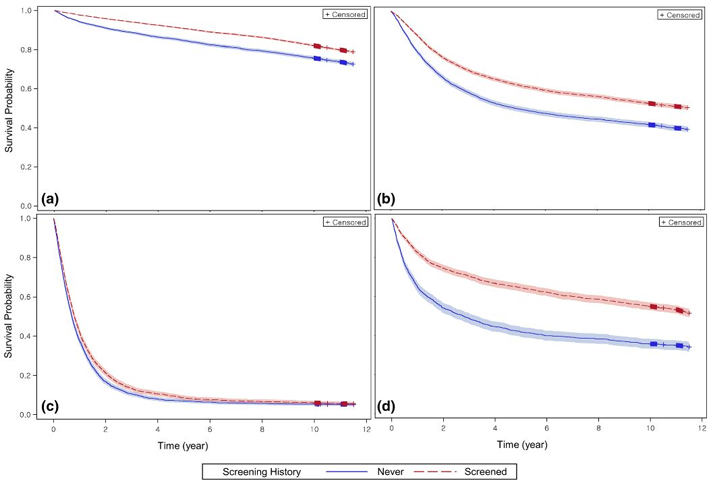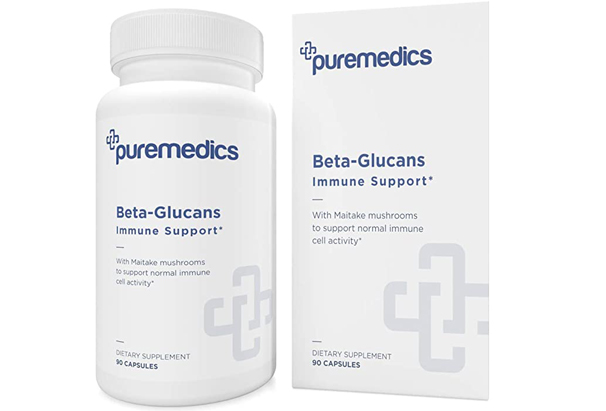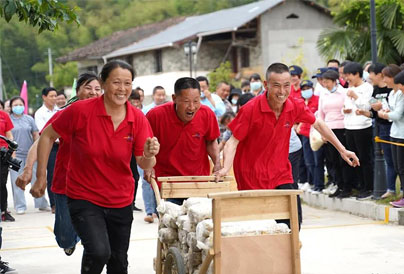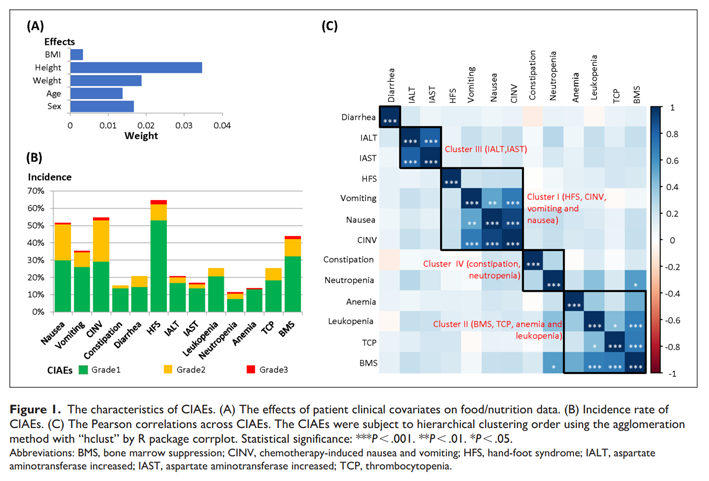For lung cancer patients, fever is not only common, but also may be a sign of disease progression and even a turning point!
This article will describe the common six different cases of fever in detail. If you have any questions after reading, please leave a message to get answers quickly.

1. Infection and fever
If the patient has fever, blood should be checked first to exclude the possibility of infection.
Infection in patients with advanced lung cancer is actually more common. Characteristics of infection fever: generally, the body temperature is high and higher than 38.3 ℃ for a long time. Blood routine indicates that leukocytes and neutrophils are elevated, C-reactive protein is usually more than 100mg / L, and procalcitonin is significantly higher than normal. Infectious fever in the advanced stage of lung cancer is usually accompanied by cough and expectoration. If there is more yellow purulent sputum, it may also be caused by combined lung infection.
How to deal with it?
At this time, the fever is only a symptom. The fever temperature will rise repeatedly without anti infection treatment. Therefore, it is necessary to treat the infection. After confirming the existence of lung infection, because bacteria will multiply in sputum, it is also necessary to pay attention to helping patients discharge sputum. It can be used for sputum excretion, atomization inhalation and medication to remove phlegm. When the physical strength is acceptable, turn over, pat your back and get out of bed.
2. Side effect of treatment - low fever of neutrophils
This situation is mainly due to low neutrophils and fever after chemotherapy, targeted drugs and radiotherapy.
How to deal with it?
Symptomatic treatment also requires whitening treatment, mainly to improve neutrophils. The solution is based on three keywords:
Shengbai needle (colony stimulating factor);
Shengbai medicine (commonly used as Likejun, Diyu Shengbai tablets, shark liver alcohol, etc.);
Strengthen nutrition.
The drugs involved in the first two can only be prescribed by doctors. As patients or family members, what they can do is to seek medical treatment in time and strengthen nutrition. After all, nutrition is the "fuel" for the division and proliferation of immune cells. Without fuel, no matter how good a sports car is, it's not as good as a bicycle. The key "fuel" for neutrophil promotion is energy material (carbohydrate / fat / protein), and the key is protein. Therefore, when neutrophils decline, diet must be:
Ensure sufficient energy on the basis of diversification;
On the basis of sufficient energy, moderately increase protein;
Glial protein is the best protein food (pig's hoof / oxtail / ox's hoof tendon / silkworm pupa, etc.), of course, high-quality protein such as lean meat / fish and shrimp is not necessarily worse than glial protein, but glial protein is enough.
3. Drug side effect: directly causing heat
If the patient has fever after using cisplatin, zoledronic acid and other drugs, and no abnormality is found after blood examination, it can be considered as the side effect of these drugs.
How to deal with it?
Generally, the fever caused by drugs does not need special treatment. The fever will subside within 24 hours after drug withdrawal. Pay attention to drinking more water during medication, stop suspicious drugs, or take some conventional antipyretics appropriately.
4. Radiation pneumonia fever
Radiation pneumonia caused by radiotherapy will cause respiratory symptoms. Generally, patients will have a dry cough, which is a very rapid dry cough and usually has the symptom of suffocation.
If there are no respiratory symptoms, the possibility of radiation pneumonia is basically ruled out. If the infection is ruled out by blood routine before, the most likely remaining is cancerous fever.
If you can choose, everyone hopes not to get cancer.
Therefore, no matter how good the treatment is, it cannot be compared with prevention.
How to diagnose and respond?
The diagnostic requirements of radiation pneumonia include: shortness of breath, cough, low fever and other symptoms during or within 1 year after chest radiotherapy; Combined with the recent CT, it is judged by the radiotherapy department or the respiratory department.
Once confirmed, multiple disciplines including radiotherapy department, imaging department, respiratory department, oncology department and infection department may be required to analyze and guide the follow-up treatment.
5. Immune associated pneumonia
Immunotherapy has a significant tail effect, which can enable patients to achieve long-term survival, but it is also accompanied by its own unique toxic and side effects - immunotherapy related adverse reactions. According to the clinical research data of non-small cell lung cancer, the incidence of immune pneumonia is 3.5% - 5%, while in the real world, the incidence is higher, possibly as high as 19%.
In addition to fever, the more common symptoms may be accompanied by new or aggravated dyspnea, cough, chest pain and fatigue.
The response to immune-related pneumonia needs to go to the hospital for professional help at the first time and must not be delayed.
6. Tumor complication - cancerous fever
In fact, the diagnosis of cancerous fever is exclusive. It can be considered as cancerous fever only after other infectious, drug-induced or other causes of fever are excluded through detailed examination.
The cause of cancerous fever is that tumor dead matter enters the blood or tumor secretion becomes the heat source. There are mainly three situations:
High tumor load: malignant tumor cells themselves can generate endogenous heat sources, such as the inflammatory reaction caused by leukocyte infiltration in the tumor. The malignant tumor cells release antigen substances, grow too fast, and the tissues are relatively ischemic, hypoxic, and necrotic, so the antigen substances will be more, causing the immune response of the body (note that this immunity is against the bad things and may not be able to recognize the tumor);
The treatment effect of radiotherapy and chemotherapy is outstanding, which causes a large number of tumor necrosis in a short time, and a large number of antigen materials enter the blood, becoming the heat source;
Special types of tumors: tumor cells can secrete active substances, such as 5-hydroxytryptamine, catechol, alpha fetoprotein, etc., which have different responses to the body. Cancerous fever is characterized by low to moderate fever, generally without chills, sweating and other manifestations; Fever is not proportional to tachycardia, and heart rate can be at normal level; Non steroidal anti-inflammatory and antipyretic drugs are effective, but antibiotic treatment is ineffective.
How to deal with it?
Under normal circumstances, if the cancerous fever is not high, no treatment is generally done. If it needs to be treated, it can also be cooled physically or drink more water; If the fever reaches 38.5 ℃ or the fever causes abnormal heart rate, you can use antipyretic drugs.
There are three common anti fever drugs: ibuprofen, acetaminophen and naproxen. Of course, if you can see a doctor, you should follow the doctor's instructions;
Analgin and aminopyrine should be given specific medical advice and should not be taken by yourself;
Nimesulide is an antipyretic that has been repeatedly emphasized not to be used as a priority choice in recent years.
Although low fever can be controlled in various ways, cancerous fever can only be solved by fundamental treatment of cancer.
7. Summary
Fever will consume a lot of nutrients, and patients may suffer from malnutrition or even dysentery. Therefore, patients with recurrent fever and lung cancer must strengthen nutritional support and treatment, and supplement fluids, sodium and potassium to maintain water and electrolyte balance.
The prognosis of patients with recurrent fever in advanced stage of lung cancer is often poor, but through unremitting anti-tumor treatment and symptomatic treatment, it can help us greatly improve the quality of life.
Source:


